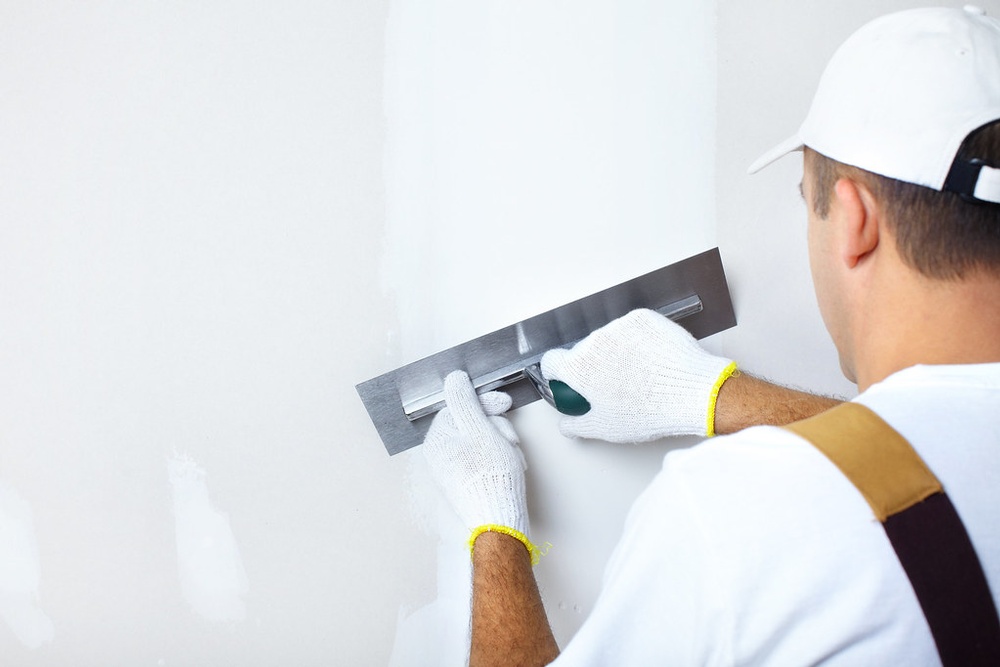5 Tips on Getting the Most Out of Your Home Improvement Project

Working with a contractor can be a breeze, but it can also be a nightmare. To get the best results from any renovation or home improvement contract, you'll need to be involved in the project—even if you’ve hired a contractor to take care of the work. If you leave all the decisions to your contractor you might end up paying for it!
Here are five great ways to stay involved in your home improvement project and maintain a great line of communication with your contractor and their team.
1. Try to Avoid Vague Allowances
An allowance is a line item in the contractor’s original bid for a piece of work or a component that has not yet been determined. For example, if you haven’t chosen what vanity you want in your bathroom, the contractor will put an allowance number in the budget for estimation purposes.
If you’re not careful, their estimate may be far less than what it takes to get what you want, or what you end up spending. You can mitigate allowances by doing enough shopping and product research to give the contractor an accurate approximate price for the materials or products you’re considering.
2. Be a Good Customer to Expect a Good Contractor
As the saying goes, you get what you give. Being a customer that your contractor and their team enjoy working for will likely result in a higher quality of work, if not an increase in flexibility from your contractor and their team. That means being decisive in decisions made with the contractor so as to not waste their time – as well as paying promptly and in full at the agreed upon junctures, so long as their side of the contract has also been held up. Some little things that can also go a long way is clearly designating a bathroom for any onsite workers to use, learning and calling workers by their name, and offering water or other cold drinks on hot days.
3. Be a Good Communicator – and Expect the Same in Return
Make sure to ask your contractor how they prefer to communicate with you at the beginning of the project. Whether this is being onsite at designated times, via cell phone, or through a foreman, good communication makes the job easier for both of you.
4. Track Any and All Project Changes in Writing
Whenever you undertake a construction project, there will be changes or problems that arise that necessitate a change to the original agreement. With a good contractor these shouldn’t be a problem, but be sure to get all agreed changes and prices in writing to ensure that changes in costs match any changes in work. It helps to specify in the original contract that you need orders in writing for anything that adds to the bottom line.
5. Only Pay for Work That Has Been Completed
Your initial renovation or remodeling contract should include the series of payments to be made when designated parts of the job are finished. Make sure to never put down more than 10% upfront; any more than that gives an incentive for a lower quality of work, and could signify a less than creditworthy contractor.